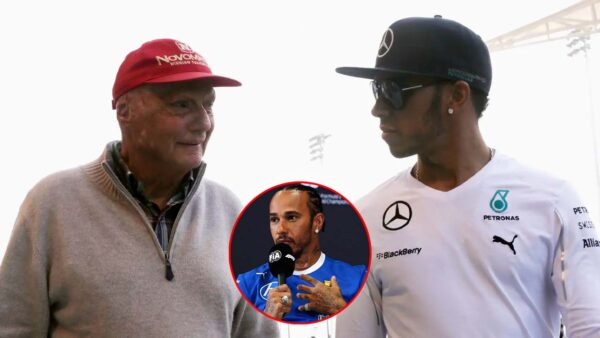Jack Johnson: A Rough and Rowdy boxer who broke the color line, caused riots and became a civil rights inspiration

Jack Johnson during "the Fight of The Century" against Jim Jefferies
🔍 Explore this post with:
Jack Johnson may not be a household name today but in 20th century America, the mere mention of his name was enough to rattle racist southerners governing under the Jim Crowe laws to their core. Johnson was often heralded as the man who rather than breaking the color line in Boxing, shattered it to the point it couldn’t be reinforced again.
Born in Los Angeles, Johnson would go on to box as an amateur until he was 20 after which he turned pro. Here he would amass a record of 10-3-6 as he got his first shot at a world title against Denver Ed Martin. Here he won the Colored heavyweight title that he would go on to defend 8 times.
It was during this time that Jack Johnson started campaigning to challenge for the world title which was not eligible for colored fighters. Moreover, the reigning champion, Jim Jefferies was ardent on not giving Johnson a shot at the title.
Johnson managed to break the color line around this time as he challenged Bill Lang a white Australian and finished him in the ninth round. After this he faced the former 3 division champion, Bill Fitzsimmons whom he finished in the second round.
Related: The Night Muhammad Ali nearly killed himself to overcome Joe Fraizer at the Thrilla In Manila
Jack Johnson’s victories caused riots around the Southern US

After chasing around the title, Jefferies vacated and retired from the sport of boxing, when ultimately reigning champion Tommy Burns decided to hand Johnson a shot at the title. Burns was valiant in his effort but was no match for Johnson who became the first colored heavyweight champion.
However, his troubles were just starting. Gaining the championship was one thing, defending it against a whole populace who does not wish to see your people succeed is another. Jack Johnson was billed against any White Boxer that may have had a chance at beating him however they always came up short.
This culminated with Jim Jefferies, coming out of retirement labeled as “The Great White Hope” to finally take back the title from Johnson. At 35 and having stayed away from the ring for some time, Jefferies was no match for Johnson and was finished in the 15th round.
This fight was caught on film and unlike today, back then fights were screened in theatres well after the event had taken place. This would create a fragile atmosphere wherever it played in the US, a country that was at the height of its segregationist period.

It ultimately led to riots where black people were targeted and their businesses harmed in a rabid reaction to Jefferies’ loss. This however didn’t changeJack Johnson as he would further provoke the populace by getting into romantic affairs with white women, something that was illegal back then for a person of color.
Jackson would have to go on the run based on these charges but would continue to fight across the world for almost 7 years . He would serve some time in prison on his return to the US but would continue with his outrageous lifestyle right until his death.
He would receive a presidential pardon from Donald Trump almost 100 years after the fact. While not remembered today his legacy lives on with many black athletes shining light on his legacy, none greater than Muhammad Ali himself.







